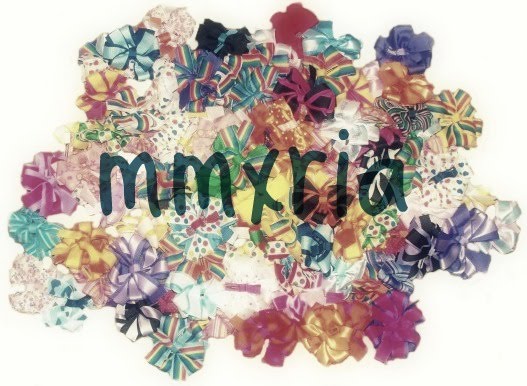Facebook hacking happens. Last week, I accidently left my account logged in on my best friend’s computer. A few hours later, my status had been updated, my birthday was changed, and new people had been added. But what was the most embarrassing part of this whole hack? My friend liked every single photo of someone I barely know. Awkward…
Despite the fact that this experience with “likes” wasn’t ideal, liking things on Facebook has been beneficial in many ways. People are always posting photos and statuses on Facebook and liking them is the simplest way to show you noticed. Your best friend posted a status about a good grade? Like. Your cousin posted a photo of them traveling? Like. Even if you don’t know a person very well, liking their photos and statuses can help to get you two to start actually talking to each other. They post a link to an article on College Humor? Like. Conversation can start right there. Liking is also a great way to show interest…without being completely creepy. Facebook is breeding grounds for weird creeper stalking. Even if you aren’t one of the creepers, sometimes commenting on things can be a little weird. An acquaintance posts a photo of them and their friends dancing? Like. It’s way less creepy than a “that’s cute” comment. And much simpler too!
Liking is not only used to show interest on people’s activity on Facebook, but is frequently used to show what kinds of things people actually like. People go on Facebook and like their favorite movies, music, books, interests, activities, and so much more. All the things you like will show up on your profile for everyone to see. It’s instant personalization in the simplest way possible. Across the Universe? Like. The Downtown Fiction? Like. Project Runway? Like. Besides just personalizing your profile, liking things can personalize what shows up on your newsfeed and in your advertisements. Let’s say you just liked Harry Potter. You’re much more likely to have advertisements for Harry Potter fan clubs, movies, and book signings. Maybe you just liked Urban Outfitters. All the announcements they post on their fan page will start to show up on your news feed. Your sorority or fraternity? Like. Now you’ll get announcements about events on your news feed and you’ll be likely to get advertisements relating to Greek clothing and other similar commodities. It’s the perfect way for Facebook to show you exactly what you want. And yet again, so simple!
Link to the song that inspired this blog:







